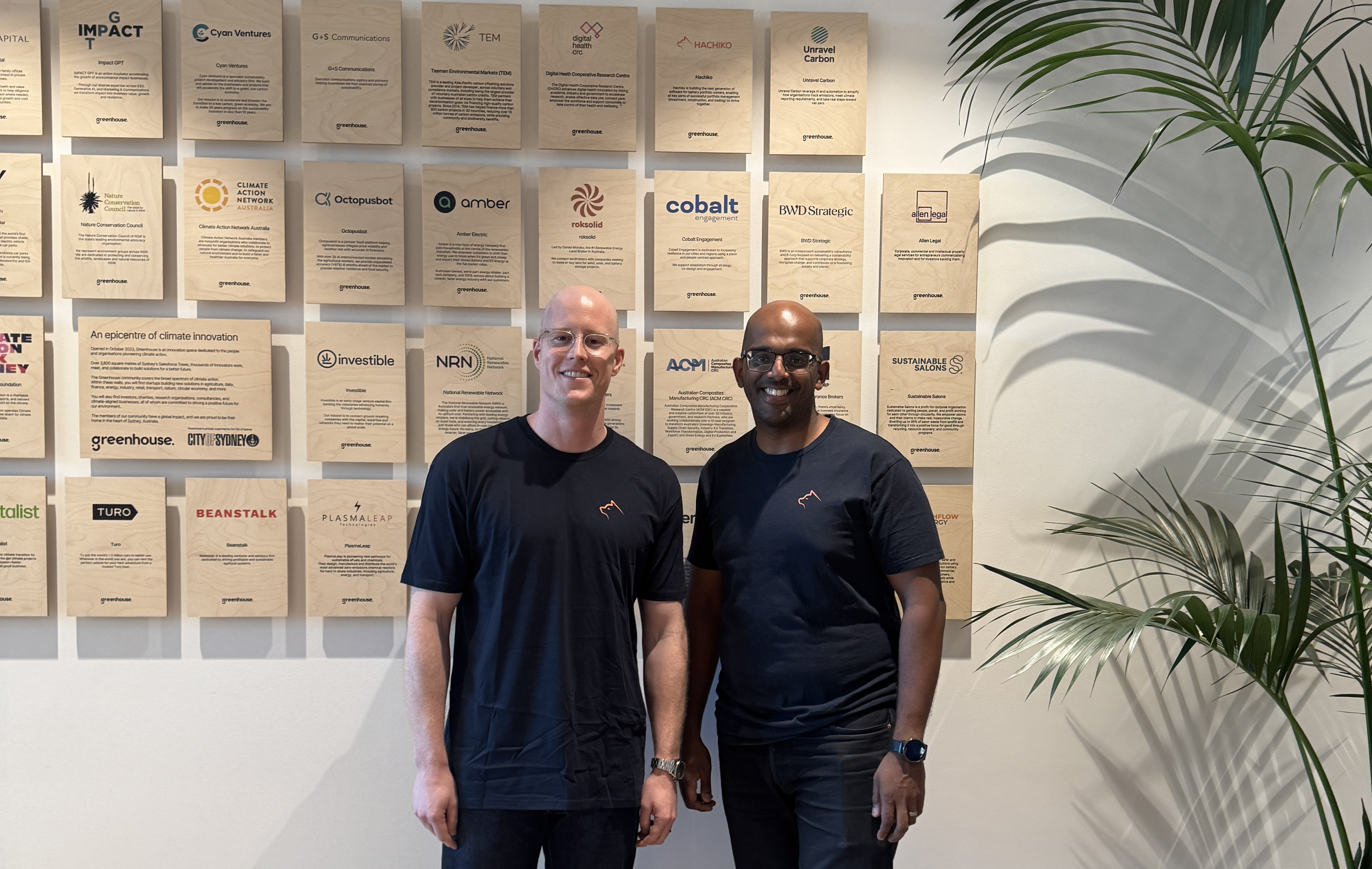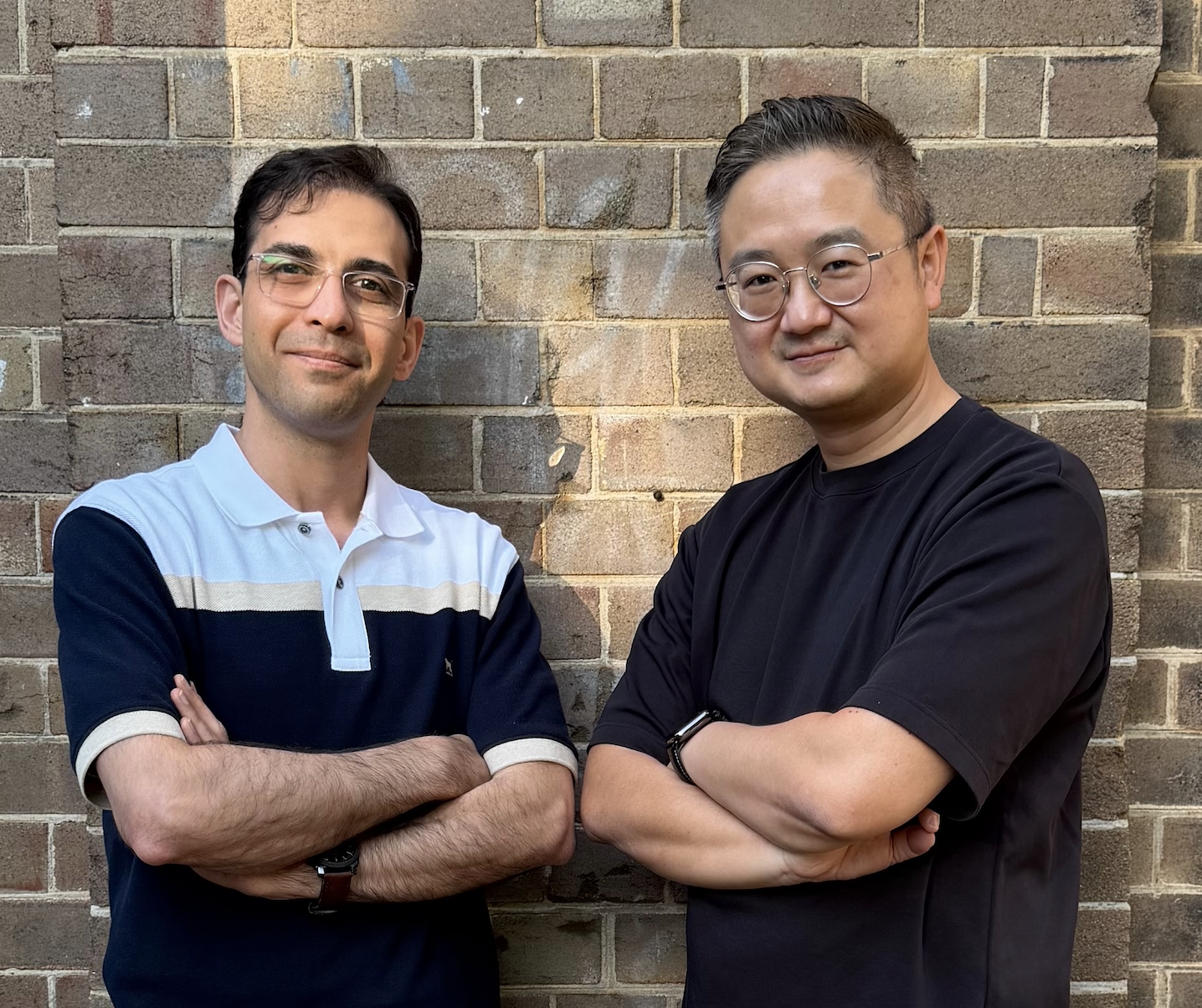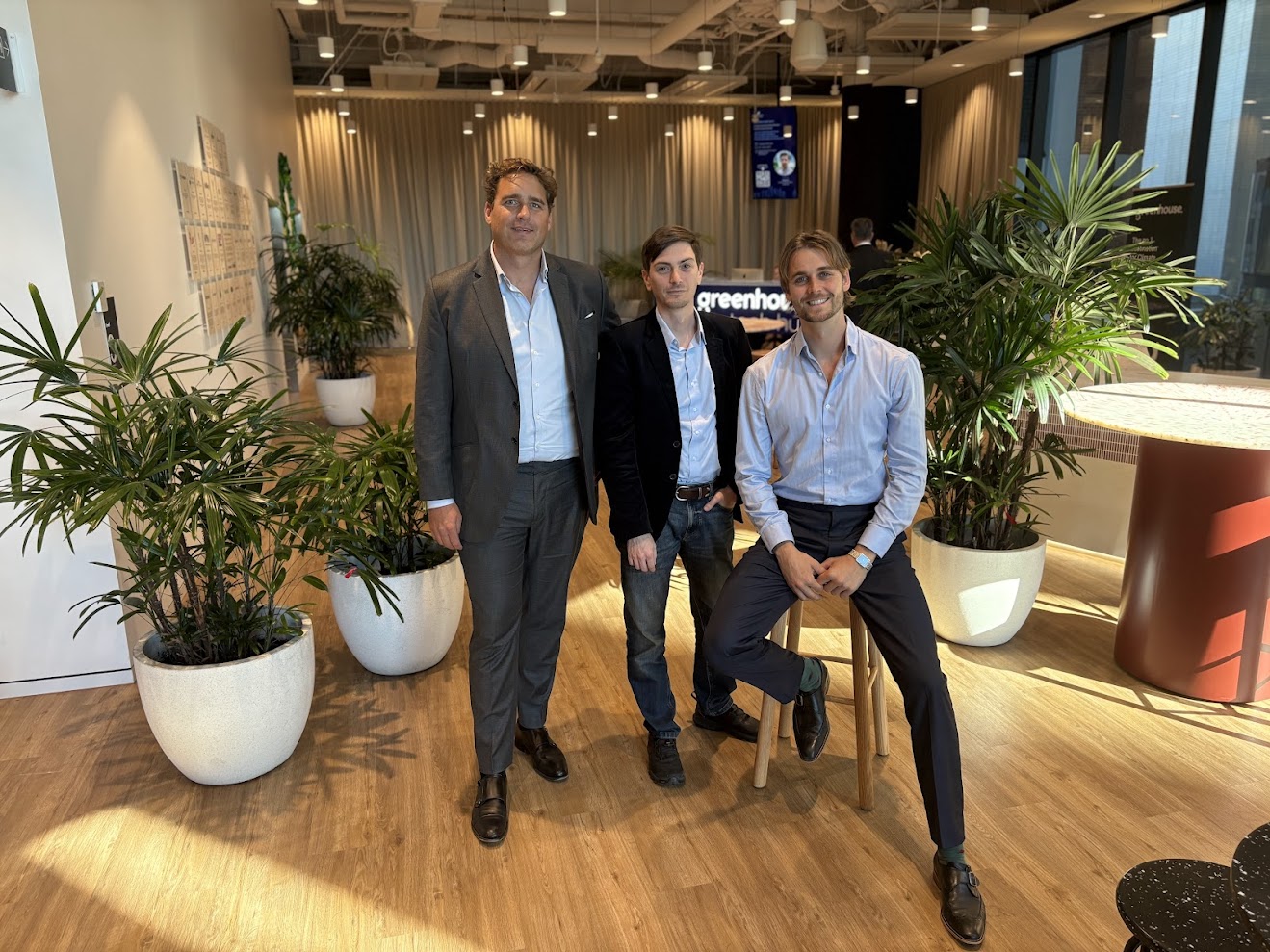CEO shares how his passion for sustainability inspires his approach to business
By
Investible
February 18, 2021
.jpg)
One of the most important qualities of a successful early-stage co-founder is their passion for the problem. It’s what powers them to persevere through challenges and gives them the energy to inspire staff, customers, investors and other supporters to follow their lead.
For Dave Rouse, his passion for sustainability has driven him to start and/or lead several successful businesses with a social impact mindset.
Now, as CEO of Carbon Click, Dave is channelling his passion and experience into a business that plans to reduce the population’s carbon footprint with just a click.
Carbon Click makes it easy for anyone to take action on climate change, enabling businesses to deploy high-quality carbon-offset programs at the point-of-purchase, and individuals or work teams to offset their carbon impact with a convenient monthly subscription.
We spoke with him to learn more about how his passion drives him as a business leader.
How did you first become so passionate about the environment?

Dave Rouse, CEO of Carbon Click[/caption]“It’s always been a passion of mine, although perhaps without knowing it. I grew up in the bush and as kids, we were fortunate to grow up in sustainable harmony with the land. We had no single-use plastics - not even Glad wrap for our sandwiches. The environment was healthy; it was a different world.
“As I got older, I saw that ‘unsustainable’ was becoming the norm and importantly, that many people didn’t seem to realise the real impact. They didn’t fully understand that their plastics don’t just go away when they toss them out, and they rarely saw the real damage that these materials can wreck in the natural environment. I realised that, sooner or later, we were going to need to change, so we might as well start right away.”
What was your first experience in running a sustainability-focused organisation?
‘I co-founded Sea Cleaners in 2014 to promote environmental education and protect marine environments from single-use plastics. We started from scratch and pretty soon, we had 10 boats operating full time; running clean-up experiences for schools and corporates to educate them about the problem and to help them become part of the solution.
“By the time I moved on from Sea Cleaners last year, we had removed over 200 shipping containers’ worth of rubbish from the oceans and beaches around New Zealand and Sydney. We even ran a couple of exercises in Hawaii in collaboration with the NZ and US navies.”
As a serial entrepreneur, what parts of business excite you most?
“No matter what the business, I’m always looking for ways to growth hack, improve efficiencies and eliminate time and resource wastage. For example, one business I bought into previously was a 25-year old water engineering company. It was run in a traditional way, with a good client base but very heavily reliant on human capital with few processes, automation or reporting in place. What people don’t always realise is that that wastage not only reduces profitability but also has an environmental footprint.
“In less than three years, profits had quadrupled. We had captured around 85% of the New Zealand market and expanded into Australia as well. More importantly, we were doing so in a way that was better for the environment and looking after great people, having a positive social impact as we grew.”
Some may have a view that sustainability or social impact-focused businesses are inherently less scalable or profitable. What’s your advice to founders who want to create businesses that are successful and sustainable?
“Firstly, I simply wouldn’t consider a business or investment opportunity that won’t improve environmental and social outcomes.
“My advice is don’t take advice; take ideas and consider them in your planning. Surround yourself with eagles - those you can draw ideas and inspiration from. This is particularly important at the early stage. You want to be open to criticism and mentors or investors sense checking your ideas.
“Learn to fail fast and keep moving forwards. Founders are often emotionally invested in their business and have muddied views of data, but the reality is that we’re all going to have some dumb ideas and sometimes you need a bit of distance from it. Having smart people who can provide more objective insights and look at the pure numbers to help you analyse situations and decisions is critical. You have to ask yourself, ‘Is what I’m doing helping the business grow or satisfying an internal desire to prove my point?’
In your opinion, what role should businesses play in proactively combating climate change? And how has that shaped Carbon Click’s product development?
“Businesses are leaders in the community, they may not be as powerful as regulation but they are closer to the community and they can move fast, making them better placed to have rapid, meaningful impact. Businesses can influence what products are available or encourage customers to purchase certain goods, as well as set benchmarks and lobby governments. Like we saw with supermarkets who led the “ban the plastic bag” campaigns which paved the way for legislation change. If we can act, I believe we have a moral obligation to act.
And that’s the beauty of Carbon Click. The reason we exist is to make it easy for businesses and individual to take meaningful action in the fight against climate change.
“We support businesses and consumers to reduce their carbon footprint, and then to offset what they can’t reduce. But what makes us most unique is that we empower businesses of any size to facilitate carbon offsetting within their purchase process. After the sale, customers can also receive information about projects they’ve helped to fund, which strengthens customer engagement and loyalty and reinforces the benefits of shopping with that brand.”
.png)
What’s next for Carbon Click? What are your key priorities and ambitions for 2021?
“It’s going to be a big year ahead. Interestingly, we found that consumer sustainability sentiment actually increased last year throughout the worst of COVID-19 and now we’re seeing the expected interest picking up from businesses. We recently announced that we’re partnering with Etihad Airways to develop its voluntary guest offset program.
“We’re also working this month launching new products, including a ‘Climate Friendly Teams’ solution to enable businesses to sponsor their staff to be carbon neutral, a business equivalent to our personal carbon calculator, which will be the simplest carbon calculator for businesses in the world, and our plugins for Magento and WooCommerce platforms once these are complete, we begin scaling up our sales and marketing activity, so watch this space. We’re looking forward to making a big impact in 2021."





